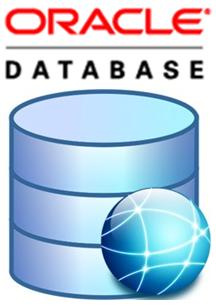
PHP/Oracle Development

 |
PHP/Oracle Development
|
 |
Final Notes
You have studied the basic programming in PHP including variables, control structure, function, and arrays. You are also able to interact with any Oracle database through PHP program. That is a great accomplishment. In the future, you will be able to do many things with the PHP and Oracle. Sky is the limit. One word of caution, however, is that what we learned in the class can only serve as a beginning of your learning journey. For example, after the final project, we are able to have the user input their credentials and you are able to compare their credentials with your database. This is the first step for a secured web application. Nonetheless, if you like to have a professional-grade secured web application, you would need to have something extra. Ahmed Mohammed, a graduate student in Technology, completed an independent study with me on the secured authentication issue. He was able to implement three main techniques: database table identity comparison (similar to what we did in the class), session control and Java Script to control the "Back" button from user buffering. If you have further interest in the future, you may explore it further as well. If you have interest, you may check out an article published by the author of our textbook (Michael McLaughlin). Another issue of interests to many is the mobile application of PHP and Oracle database since smart phones are prevalent in our society. We will have a separate page dealing with mobile application since it is so important. We will also do some simple testing using our own final project. Similar to my comments above, this mobile testing will not turn you into expert in mobile development, but it will give you taste. Then, you may explore further.
|